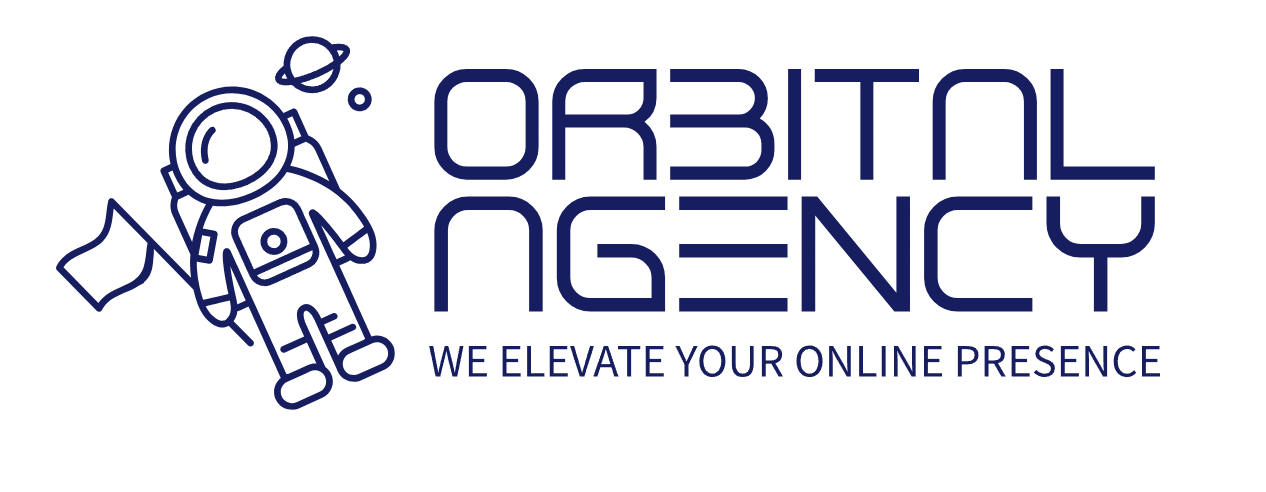Website Design Tennessee Strategy #3
Prioritize Website Speed and Overall Performance
Strategy #3 for website design in Tennessee focuses on optimizing website speed and performance. A slow website can frustrate users, harm your search engine rankings, and lead to lost sales or inquiries. Whether you own a boutique in Nashville, a healthcare practice in Knoxville, or an e-commerce store serving Memphis and beyond, speed optimization directly impacts your online success.
Why Website Speed Matters for Tennessee Businesses
Studies show that most users leave a website if it takes longer than three seconds to load. For Tennessee businesses, where competition is strong in industries like tourism, healthcare, and retail, a fast-loading website can be the difference between gaining a loyal customer and losing one to a competitor. Google also considers website speed a ranking factor, making it a critical element of your SEO strategy.
Common Causes of Slow Websites Unoptimized Images: Oversized or uncompressed images significantly increase load times. Too Many Plugins or Scripts: Excessive third-party tools or poorly optimized code can slow performance. Cheap Hosting Services: Low-quality hosting can’t handle spikes in traffic and slows page delivery. Unminified Code: Bloated HTML, CSS, or JavaScript makes pages take longer to render. Lack of Caching or CDN Usage: Without caching or content delivery networks, users farther from your server experience slower load speeds.
How to Improve Website Speed
Mobile Speed Considerations
Mobile users often face slower connections, which makes optimization even more important. Tennessee customers frequently use mobile devices to search for restaurants, local events, or healthcare providers while on the go. Using tools like Google PageSpeed Insights can help you diagnose mobile-specific issues and ensure a smooth experience for mobile users.
SEO Benefits of Performance Optimization
Optimizing website speed not only improves user experience but also benefits your search engine rankings. Google rewards fast websites with higher visibility, which is particularly valuable for local keywords like “website design Tennessee” or “Nashville web development.” Better rankings mean more organic traffic and potential customers finding your business.
Industries That Benefit Most from Speed Optimization
Ongoing Monitoring and Maintenance
Speed optimization is not a one-time task. Use performance tools like GTmetrix, Pingdom, or Google Lighthouse to regularly test your website. Schedule quarterly performance audits to address new bottlenecks and keep your website running smoothly as content and functionality grow.
Conclusion
Prioritizing website speed and performance is critical for Tennessee businesses aiming to improve customer satisfaction, search rankings, and conversions. By optimizing images, code, hosting, and mobile performance, you can deliver a fast, seamless experience that drives results.
Schedule Your Free Custom Website Demonstration today to see how performance optimization can enhance your Tennessee business website.
Strategy #3 for website design in Tennessee focuses on optimizing website speed and performance. A slow website can frustrate users, harm your search engine rankings, and lead to lost sales or inquiries. Whether you own a boutique in Nashville, a healthcare practice in Knoxville, or an e-commerce store serving Memphis and beyond, speed optimization directly impacts your online success.
Why Website Speed Matters for Tennessee Businesses
Studies show that most users leave a website if it takes longer than three seconds to load. For Tennessee businesses, where competition is strong in industries like tourism, healthcare, and retail, a fast-loading website can be the difference between gaining a loyal customer and losing one to a competitor. Google also considers website speed a ranking factor, making it a critical element of your SEO strategy.
Common Causes of Slow Websites Unoptimized Images: Oversized or uncompressed images significantly increase load times. Too Many Plugins or Scripts: Excessive third-party tools or poorly optimized code can slow performance. Cheap Hosting Services: Low-quality hosting can’t handle spikes in traffic and slows page delivery. Unminified Code: Bloated HTML, CSS, or JavaScript makes pages take longer to render. Lack of Caching or CDN Usage: Without caching or content delivery networks, users farther from your server experience slower load speeds.
How to Improve Website Speed
- Optimize Images and Videos: Use compressed file formats and next-gen options like WebP for faster loading.
- Minify and Combine Code: Streamline your CSS, JavaScript, and HTML files.
- Enable Browser Caching: Store frequently used elements locally for repeat visitors.
- Upgrade Hosting Plans: Invest in reliable hosting solutions that scale with your traffic needs.
- Leverage a Content Delivery Network (CDN): Distribute your website across multiple servers to improve delivery speed.
Mobile Speed Considerations
Mobile users often face slower connections, which makes optimization even more important. Tennessee customers frequently use mobile devices to search for restaurants, local events, or healthcare providers while on the go. Using tools like Google PageSpeed Insights can help you diagnose mobile-specific issues and ensure a smooth experience for mobile users.
SEO Benefits of Performance Optimization
Optimizing website speed not only improves user experience but also benefits your search engine rankings. Google rewards fast websites with higher visibility, which is particularly valuable for local keywords like “website design Tennessee” or “Nashville web development.” Better rankings mean more organic traffic and potential customers finding your business.
Industries That Benefit Most from Speed Optimization
- E-Commerce: Faster product browsing and checkout improve conversion rates.
- Hospitality & Tourism: Quick booking engines encourage more reservations.
- Healthcare Providers: Patients expect fast access to appointment systems and information portals.
- Professional Services: Quick-loading forms and service pages improve lead generation.
Ongoing Monitoring and Maintenance
Speed optimization is not a one-time task. Use performance tools like GTmetrix, Pingdom, or Google Lighthouse to regularly test your website. Schedule quarterly performance audits to address new bottlenecks and keep your website running smoothly as content and functionality grow.
Conclusion
Prioritizing website speed and performance is critical for Tennessee businesses aiming to improve customer satisfaction, search rankings, and conversions. By optimizing images, code, hosting, and mobile performance, you can deliver a fast, seamless experience that drives results.
Schedule Your Free Custom Website Demonstration today to see how performance optimization can enhance your Tennessee business website.
